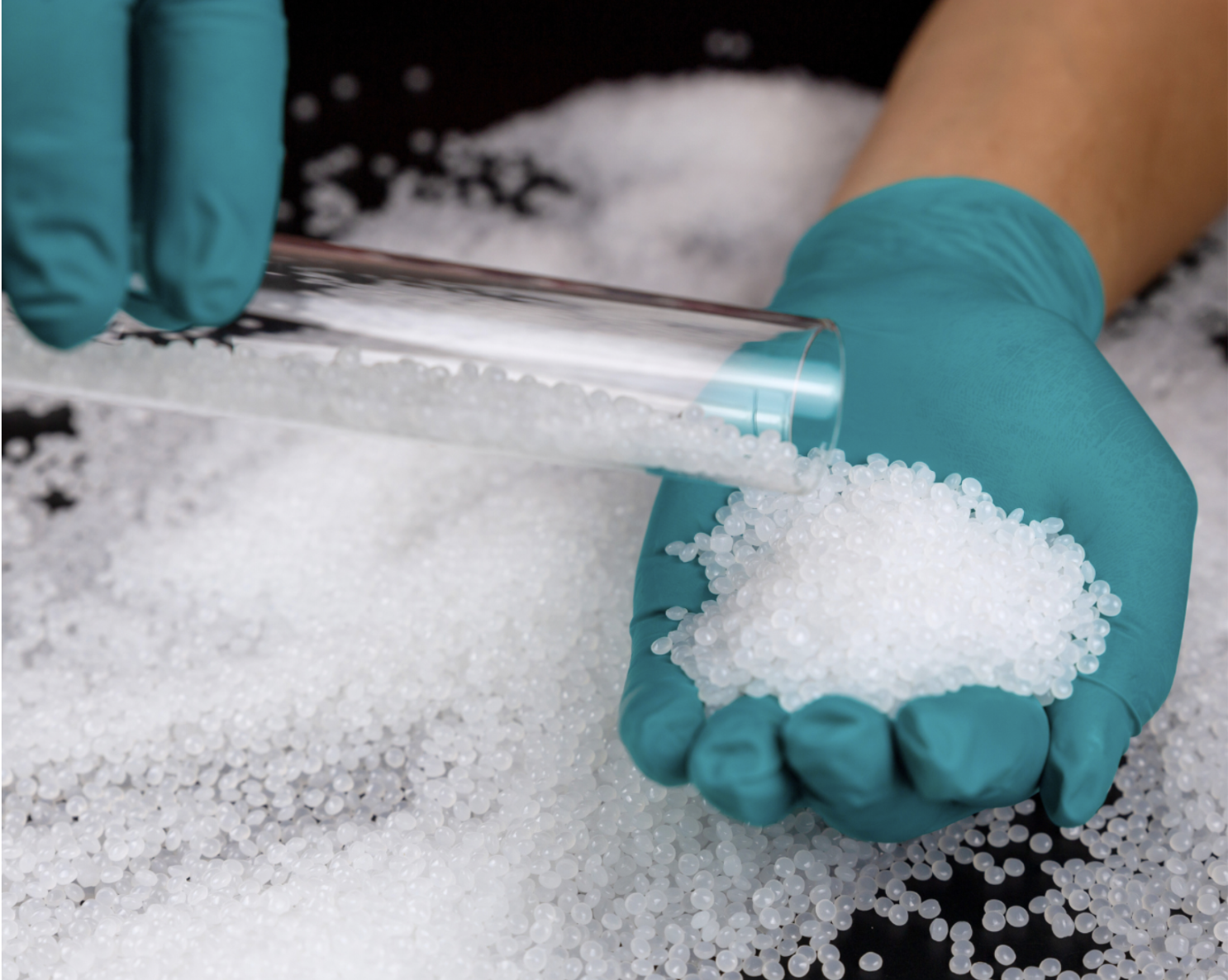
Biophilica Pilot
This pilot aimed to test, refine, and scale Treekind®, an alternative to animal and synthetic leathers made from green waste. The project focused on assessing the material’s performance, scalability, and manufacturing capabilities.
Problem Statement
Leather production can have varying environmental impacts depending on the practices and standards employed. While some traditional leather is produced using responsible methods, there are also growing concerns about its environmental footprint. While there are multiple “vegan” leather alternatives available on the market, many of them contain synthetic materials, have worse performance metrics than conventional leather, or are not available at scale.¹ These partly plastic materials cannot be recycled and fewer still are compostable
There are lots of opportunities for innovation in leather alternatives: Biophilica offers Treekind®, a compostable, sustainable leather alternative made from green waste, which can be recycled and avoids petroleum-based polymers.
¹Pulse of the Fashion Industry Report, 2017 by Global Fashion Agenda & The Boston Consulting Group.
Executive Summary
The Biophilica Pilot was launched by Fashion for Good in collaboration with Bestseller, PVH Corp., adidas, and Inditex. The pilot explored the potential of Treekind®, a sustainable, compostable leather alternative. It successfully moved from manual production to a semi-continuous demo line.
The project delivered promising results, including prototype products like lifestyle footwear and handbags, and positive performance testing. The goal was to validate Treekind® as a viable, eco-friendly leather alternative, focusing on manufacturability, consistency, and scaling production for commercial applications.
Alongside testing the technical performance of the material, the project aimed at validating the environmental impact and end-of-use pathways. Biophilica was able to achieve USDA certification on their material and also conducted a 3rd party LCA assessment using two different backing materials, Tencel and cotton. Alongside this they tested their material for home composting, meeting the requirements of the ISO 14855-1 standard.
Goals of the Project
-
Test, refine, and scale the production of Treekind® leather material.
-
Create prototypes for product and prototype applications.
-
Validate the environmental impact of the material.
-
Evaluate material performance, consistency, and manufacturability.
Timeline
-
May-December 2022
Material Testing & Refinement
-
January- August 2023
Material Production, Product Prototyping, & Testing
-
September 2023 - February 2025
Pre-commercial pilot
Key Findings
-
Production was successfully upscaled from manual production to semi-continuous demo line.
-
Developed various prototypes including a lifestyle shoe, bags and accessories.
-
Material performance testing showed satisfying results in Martindale abrasion, resistance to cold crack and tensile strength.
-
The material was tested for home composting and met the requirements of the ISO 14855-1 standard.
-
The Treekind® material is PETA 100% vegan certified.
-
Biophilica was able to achieve USDA certification on their material and also conducted a third-party LCA assessment using two different backing materials, tencel and cotton.
Stakeholders Involved
NEXT STEPS
- Co-development remains at the heart of Biophilica’s mission, as they continue collaborating with industry partners to refine and expand the applications of Treekind®.
- With a strong focus on scaling production, Biophilica is actively fundraising to accelerate manufacturing and enhance material performance across diverse sectors, including upholstery, homeware, accessories, footwear, and cosmetic packaging.
- Looking ahead, Biophilica is committed to bringing Treekind® to market-ready products, working closely with partners to integrate this material into everyday consumer goods
Relevant Resources

BESTSELLER Collaborates With Biophilica In Fashion for Good Pilot To Test The Compostable Leather Alternative Treekind®

5 FAQS About ‘Leather’ Alternatives

From Fallen Leaves to ‘Leather’ Alternatives | Biophilica

How Can We Make ‘Leather’ Alternatives With Green Waste?
Other Projects

Strategic Supplier Initiative
Scale is unlocked for sustainable innovation only when supply and demand are effectively connected—bringing together innovators, brands, and manufacturers—and when this opportunity is pursued through curated and meaningful partnerships. To achieve scale, careful planning, strong stakeholder engagement, adequate resources, and a flexible approach are essential. Transitioning from the pilot stage to full-scale implementation of sustainable technologies presents several significant challenges. Bridging the gap between small-scale trials and large-scale deployment requires addressing differences in requirements, resources, and complexities. Common issues include scalability concerns, such as adapting technology to increased volumes and integrating it with existing systems and machinery. Limited funding options and unclear implementation strategies also pose barriers, making the scaling process difficult. In response to these challenges, we have developed the Strategic Supplier Initiative (SSI) to support FFG partners and innovators in successfully scaling their sustainable processes.

Closing the Footwear Loop
The “Closing the Footwear Loop” project is a major initiative led by Fashion for Good, bringing together 15 leading fashion and footwear brands and their existing circularity programs to tackle the complex challenges of circularity in the footwear industry. The project aims to transform the current linear “take-make-dispose” model into a circular one.

Feedstock Assessment for Biosynthetic Innovation
Feedstock Assessment for Biosynthetic Innovation, an initiative in collaboration with Bestseller and On aimed at accelerating the industry’s shift towards alternatives to fossil-fuel polymers. The assessment will be conducted in partnership with industry experts, the Nova Institute.
